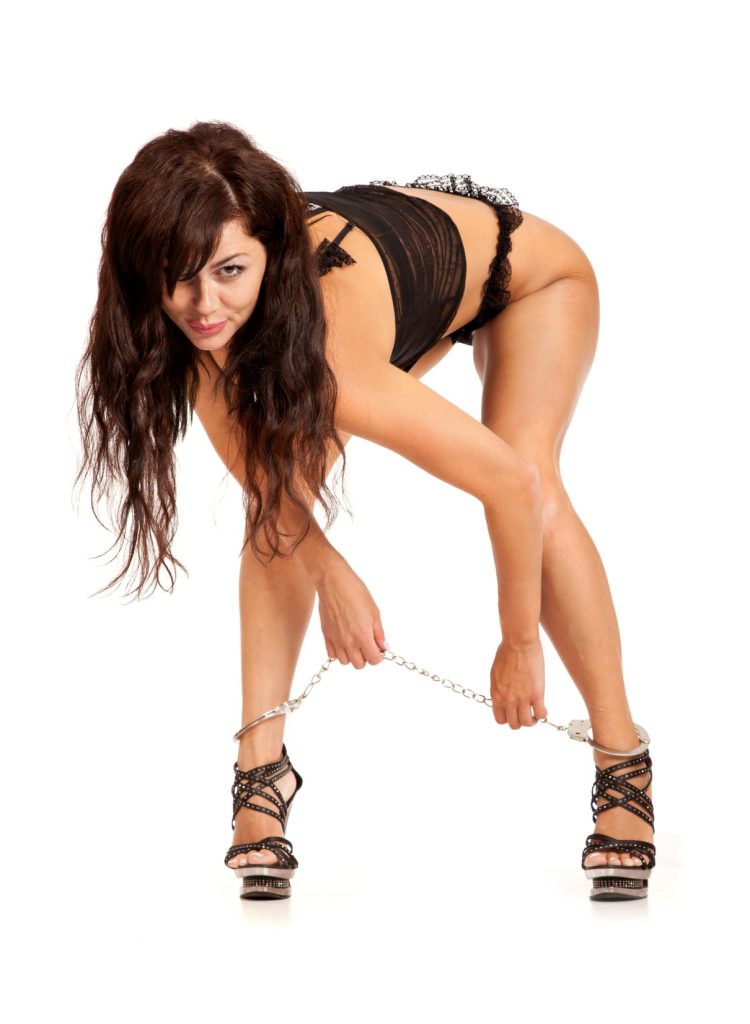Lesbian dating can be a tricky thing to get right. But there are some things you can do to avoid making common mistakes.
In this episode of Relationship Advice, we’ll share some key tips to help you have a happy and healthy relationship!
Don’t confuse the two
There’s a lot of lesbian dating advice out there, but it can be hard to tell the difference between advice that is specific to lesbian dating and advice that works for all relationships. We’ve put together a list of five lesbian dating tips to help you avoid some of the most common mistakes.
One of the most common errors is confusing flirtation with intimacy. This is especially true when you are in a predominantly queer environment, like a lesbian bar or party.
Another mistake is ignoring her signals when she shows interest. If she touches you or leans into you during conversation, if she smiles at you, or if you are both laughing, it is very likely that she is flirting.
You want to keep a healthy relationship, and it is important to be open and honest about your feelings. However, if your partner is constantly pushing you away and not making you feel safe, it may be time to consider talking to a therapist.
Don’t treat ’em mean
It’s no secret that lesbian dating is not for the faint of heart. While it is a great way to meet like-minded women, it can also lead to serious disappointments, such as first dates that go awry.
However, it is possible to make the most of your experiences without putting yourself in danger or compromising your dignity. Here are five tips to help you avoid the pitfalls and find the perfect match.
The best lesbian dating advice is to be honest with yourself and your date about what you want. Having a specific goal in mind will help you navigate the pitfalls and focus your efforts on achieving it. For example, if you’re looking for someone to share the big screen with, a good strategy would be to set up a viewing schedule and then invite your date to watch together. This will help you avoid the dreaded “oh, I can’t decide” debate and ensure your date feels taken care of.
Don’t put yourself in the friend zone
The friend zone, a term that has been around for decades, describes a situation where one person wants to be more than friends but the other doesn’t. Often this happens during the early stages of a relationship, says Kerri Middleton, sex and relationship expert at Bathmate.
She explains that it can happen when someone isn’t ready to be sexually involved yet. But it can also occur if someone is interested in you but you’re not interested in them back.
You may not be able to control whether or not the person you like decides to get into the friend zone with you, but you can take steps to avoid it happening in the first place.
Self-confidence, independence and boldness are all qualities that will help you break out of the friend zone. They will also allow you to meet people who are better suited for you as a lover. Moreover, men will be more receptive to a woman who seems confident in her own skin and takes her needs seriously.
Don’t let your relationship consume you
It’s easy to get caught up in your new relationship, especially if you’re both excited about it. This is why it’s important to keep separate interests. It’s important to take care of yourself, and it’s also important to maintain your relationships with friends and family.
Relationships are never perfect, but you can’t let the state of your relationship entirely dictate your mood or your outlook on life. If your relationship is consuming you, it’s probably time to seek professional help.
The body releases the love hormone oxytocin when you start dating, but it’s not always a good idea to jump into a serious relationship right away. Instead, take your time and allow the relationship to grow slowly.
A lot of lesbians are prone to love addiction, which can lead to reckless behavior and problems maintaining relationships. If you’re a lesbian who’s experiencing problems in your relationship, consider getting a therapist to work with you. The therapist can remain neutral and help you process conflict, improve communication skills, and strengthen your relationship.

